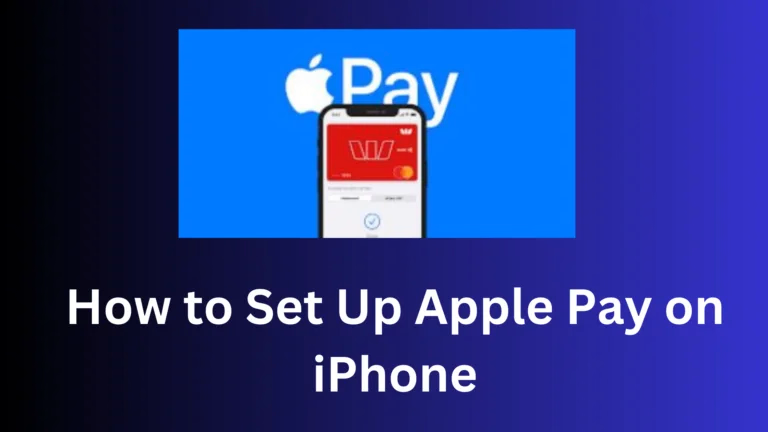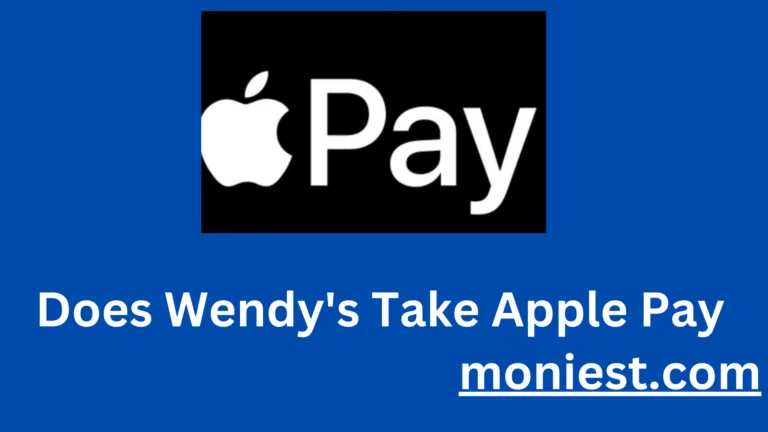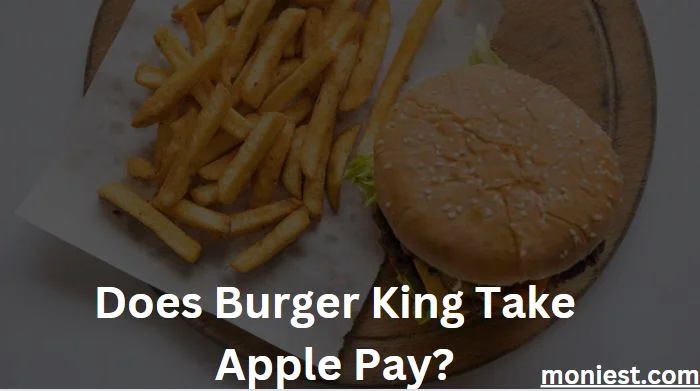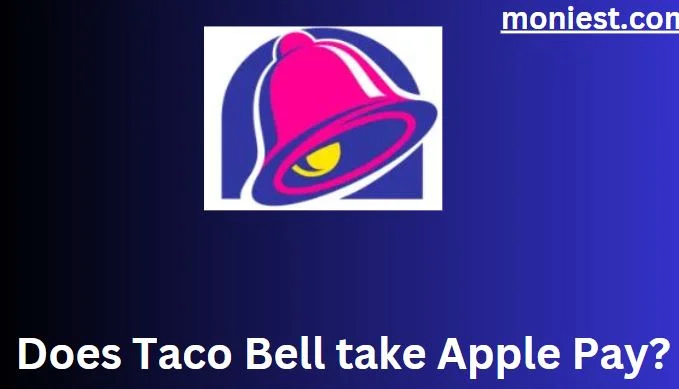Is Apple Pay Safe? What You Need to Know About Its Security
Is Apple Pay safe? Are your financial transactions genuinely secure in the digital age? These pressing questions are at the forefront of our minds as we navigate the modern world of mobile payments.
In this blog post, we’ll explain how Apple Pay keeps your money safe, equipping you with the knowledge you need to protect your hard-earned money.
Is There Any Risk with Apple Pay?
Yes, as with any digital payment system, some risk is associated with using Apple Pay. However, the chances are relatively low, and Apple has incorporated multiple security measures to safeguard your financial data.
Below are a few possible risks associated with using Apple Pay:
- Device theft: If your device is lost or stolen, someone could use it to pay with Apple Pay without your permission. To mitigate this risk, you should activate device security features, like setting up a passcode or utilizing biometric authentication.
- Malware: Malware could be used to intercept or steal your Apple Pay transactions. To alleviate this risk, keep your device’s software up to date and avoid downloading apps from untrusted sources.
- Social engineering attacks: Social engineering attacks could be used to trick you into revealing your Apple Pay credentials or making fraudulent payments. To mitigate this risk, you should be careful about who you provide your Apple Pay information and be suspicious of any unsolicited requests for payment.
What are the Pros and Cons of Apple Pay
Pros of Apple Pay:
- Convenient: Apple Pay is a very convenient way to make payments. You can pay for goods and services in stores, restaurants, and online without carrying your physical wallet.
- Secure: Apple Pay is a high-speed payment system. Your device does not retain or disclose your credit or debit card number to merchants. Instead, a distinct token is generated for every transaction.
- Accepted by many merchants: Apple Pay is accepted by many online and offline merchants.
- Rewards: You may earn rewards using Apple Pay, such as cashback or airline miles.
Cons of Apple Pay:
- Limited to Apple devices: Apple Pay can only be compatible with Apple devices, like iPhone, iPad, Apple Watch, and Mac.
- Not universally accepted: Apple Pay is not accepted by all merchants.
- Requires a compatible card: Apple Pay exclusively functions with credit and debit cards from participating financial institutions.
- Potential for device theft: If your device is lost or stolen, someone could use it to pay with Apple Pay without your permission.
Is Apple Pay Safer Than PayPal?
Whether Apple Pay is safer than PayPal depends on some factors, including your needs and preferences. Both payment systems use advanced security features to protect your financial information, but there are some key differences between the two.
Apple Pay:
- Tokenization: Apple Pay uses tokenization to protect your credit or debit card number. A unique token is generated for each transaction when you pay with Apple Pay. This token cannot be used to make fraudulent purchases.
- End-to-end encryption: All Apple Pay transactions are encrypted from end to end, meaning only you and the merchant can access your financial information.
- Device security: Apple devices are renowned for their robust security capabilities. Apple Pay uses these features to protect your device and your financial information.
PayPal:
- Buyer protection: PayPal offers buyer protection for eligible purchases. This means that if you receive an item that is not as described or if you do not receive your thing at all, you may be able to get a refund from PayPal.
- Seller protection: PayPal also offers seller protection for eligible purchases. This means that if a buyer files a chargeback against you, PayPal may be able to protect you from financial losses.
- Two-factor authentication: PayPal offers two-factor authentication, which adds an additional layer of security to your account.
Will Apple Pay Refund Money If Scammed?
Apple Pay does not typically refund money if you are scammed. This is because Apple Pay is a platform that facilitates payments between merchants and customers, but it does not guarantee the safety or legitimacy of those transactions.
If you are scammed using Apple Pay, you may be able to get a refund from your bank or credit card company. However, it is essential to note that each bank and credit card company has its policies on fraud protection, so you should contact your issuer directly to learn more about your options.
Here are some tips for avoiding scams when using Apple Pay:
- Be wary of unsolicited requests for payment. If someone asks you to pay with Apple Pay, but you don’t know why, it’s best to decline.
- Do not give your Apple Pay information to anyone you don’t know and trust.
- Be careful where you use Apple Pay. Avoid using it on public Wi-Fi networks or devices you do not trust.
- If you think you may have been scammed, contact your bank or credit card company immediately.
Why is Apple Pay Asking For My SSN?
Apple Pay does not typically ask for your Social Security Number (SSN). However, there are a few reasons why you might be asked to provide your SSN when using Apple Pay:
- You are applying for an Apple Card. The Apple Card is a credit card issued by Goldman Sachs Bank USA. To apply for an Apple Card, you must provide your SSN.
- You are setting up Apple Pay Cash. Apple Pay Cash is a peer-to-peer payment service that lets you send and receive money from friends and family using Apple Pay. To set up Apple Pay Cash, you must provide your SSN.
- You are using Apple Pay in a country where SSN verification is required. In some countries, such as the United States, merchants must verify the identity of customers making large purchases with Apple Pay. To verify your identity, you may be asked to provide your SSN.
If you are asked to provide your SSN when using Apple Pay, it is important to ensure that you do so on a legitimate Apple website or app. You should also be careful about providing your SSN to anyone you do not know and trust. If you have concerns about why you are being asked to provide your SSN when using Apple Pay, you can contact Apple support for assistance.
Is Apple Pay Safer Than Using Your Card?
Apple Pay is generally safer than using your physical credit or debit card. Here are some of the reasons why:
- Apple Pay uses tokenization. This token cannot be used to make fraudulent purchases.
- All Apple Pay transactions are encrypted from end to end, meaning only you and the merchant can access your financial information.
In addition to these security features, Apple offers several fraud protection measures for Apple Pay users. For example, if your device is lost or stolen, you can disable Apple Pay remotely to prevent unauthorized transactions.
Conclusion
Apple Pay uses security features to protect your financial information, including tokenization, end-to-end encryption, and device security. However, it is essential to note that no payment system is 100% secure.
It is vital to be aware of the risks and take steps to shield yourself, such as using a strong passcode or biometric authentication on your device, keeping your device’s software up to date, and being careful where you use Apple Pay. If you are concerned about the security of your financial information, you should contact Apple support for assistance.



